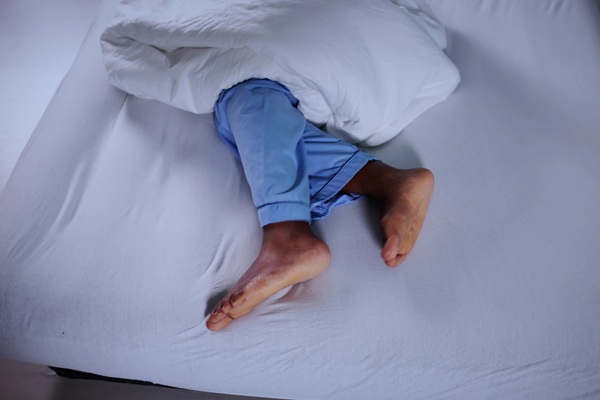Psychiatric Treatment Options for Depression

A person's treatment plan for depression depends on the nature and the severity of the condition. If you or a loved one lives with this issue, it is important to understand your treatment options and to select the one that most effectively combats the particular symptoms.
Common treatment options for depression
Every person is unique, as is every case of clinical depression. For this reason, a person may go through several treatment options and meet with several mental health professionals before a doctor or therapist finally prescribes the right course of treatment. Below are a few of the more common ways mental health professionals help patients manage.
1. Psychotherapy
Psychotherapy, or "talk therapy," is a highly effective treatment option for some depressive disorders. There are three main types of psychotherapy: Cognitive behavioral therapy, psychodynamic therapy and interpersonal therapy.
Cognitive behavioral therapy involves discussing one's issues with a therapist, who then assesses the negative thinking patterns and attempt to change them via discussion. The goal of CBT is to help a person recognize negative thought patterns associated with depression and to impart coping methods.
In psychodynamic therapy, a therapist may examine a person's unconscious processes and attempt to recognize and understand the negative emotions and thought patterns associated with them. These negative feelings often stem from past emotional traumas.
Sometimes depression is the result of relationship issues or life changes that may contribute to depressive disorders. When this is the case, a therapist may recommend interpersonal therapy, which involves teaching individuals to assess interactions with others and equipping them with tools necessary to improve social behaviors.
2. Medications
For some, antidepressants are effective in helping manage or reduce symptoms. However, medications are hit and miss, and a person might go through several drugs before landing on the right one. Moreover, most antidepressants take between two to four weeks to take effect, with some even requiring up to 12 weeks to begin working.
Many people benefit from both psychotherapy and medications. This combination often yields better results than either treatment utilized alone.
3. Brain Simulation Therapies
When psychotherapy and medications fail to alleviate symptoms, a therapist might recommend brain stimulation therapies. There are three different types of brain stimulation therapy mental health professionals may use to treat depression: Repetitive transcranial magnetic stimulation, electroconvulsive therapy and vagus nerve stimulation.
rTMS is an innovative procedure that utilizes a magnet to activate the brain. Because it is a relatively new procedure, much research is yet to be done on it, and it is not nearly as effective as some of the more established procedures.
Electroconvulsive therapy involves sending short electrical impulses directly to the brain. While effective, ECT does come with negative side effectives, including memory loss. Health professionals are required to warn individuals about the risks and benefits of this type of intervention.
VNS is a treatment option for individuals who are resistant to treatment-resistant depression. During VNS, mild pulses of electrical energy are transmitted to the brain at regular intervals via the vagnus nerve, a nerve that controls involuntary bodily functions.
Conclusion
Depression has the potential to negatively impact a person's life in numerous ways. For this reason, it is imperative that a person receives appropriate and timely treatment.
Request an appointment here: http://www.hopetmsofny.com or call Hope TMS and Neuropsychiatric Center at (646) 578-8152 for an appointment in our New York office.
Check out what others are saying about our services on Yelp: Read our Yelp reviews.
Recent Posts
Restless leg syndrome can make evenings difficult by creating an urgent need to move the legs when the body tries to rest. Considering symptoms like crawling or pulling often intensify at night, sleep quality can drop, and daytime energy can follow. With the right support, many people can manage their symptoms and get a good…
PTSD syndrome can shape your daily experiences in significant ways, from your emotional balance to your physical health and personal stability. Symptoms of PTSD can become an invisible burden that affects your routine and interpersonal connections. While these symptoms vary from person to person, they can impact every corner of your life without the right…
Adult ADHD therapy supports individuals navigating challenges with focus, time management, and emotional regulation. While attention deficit hyperactivity disorder, or ADHD, is commonly diagnosed in childhood, its symptoms can persist into adulthood, often interfering with careers, relationships, and daily tasks. Professional therapy offers a structured approach to managing these difficulties and building long-term strategies for…
Transcranial magnetic stimulation, also known as TMS treatment, is an innovative and noninvasive therapy for several mental health conditions. By using magnetic fields to stimulate specific areas of the brain, TMS is an effective treatment for cases where traditional methods have provided little to no relief. It is important to know which mental disorders are…


